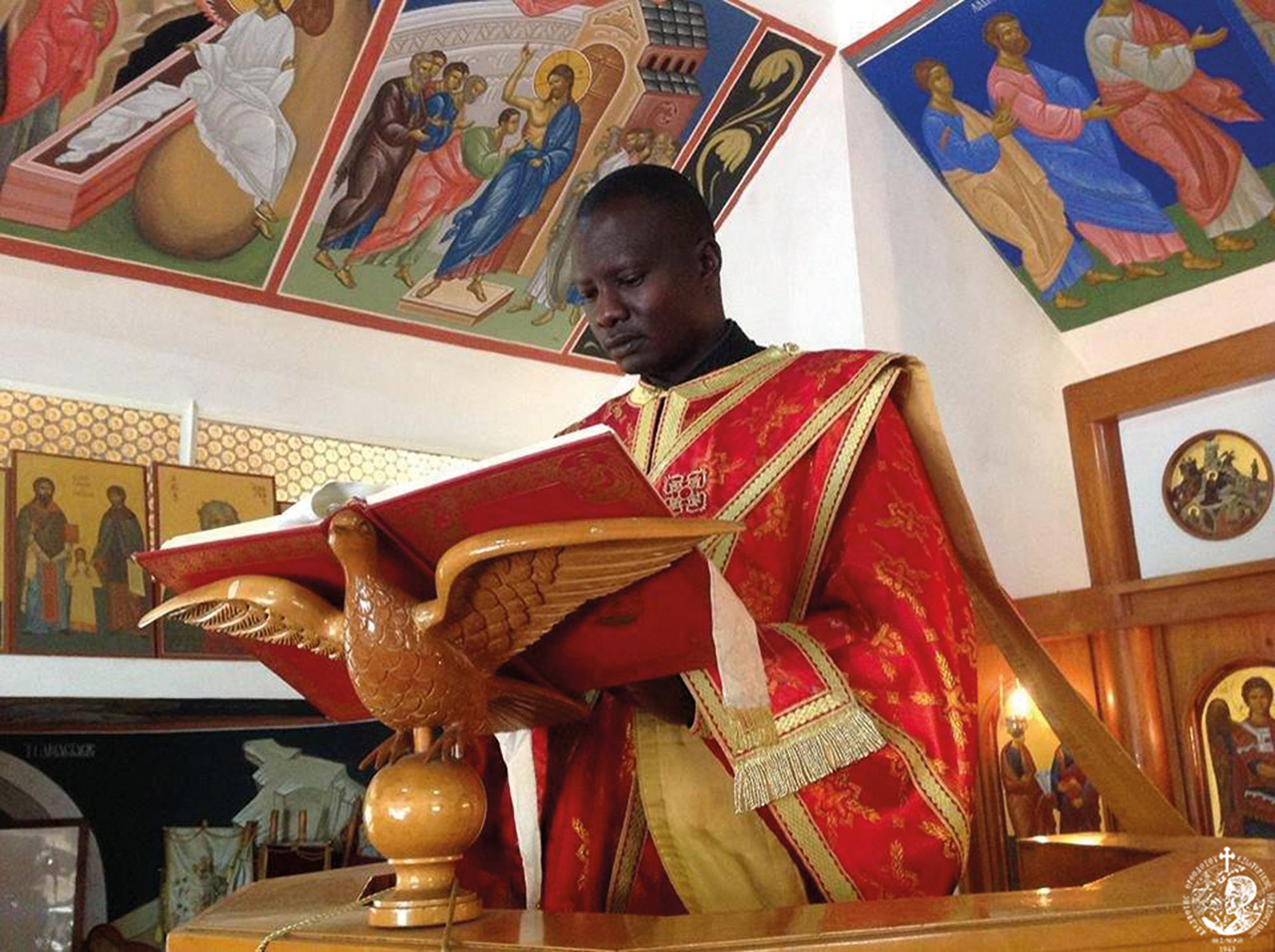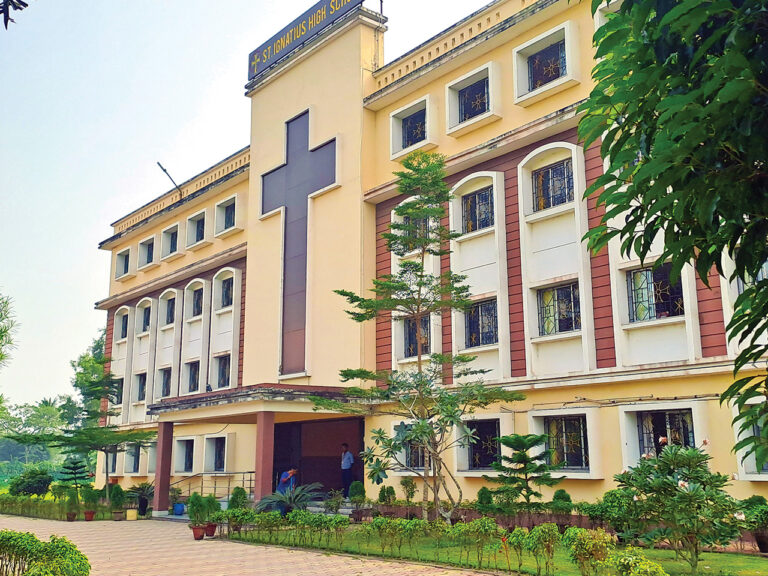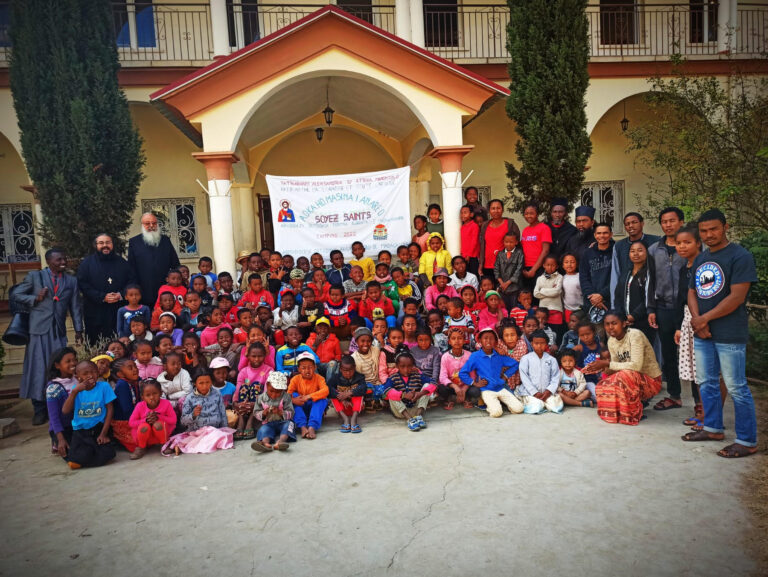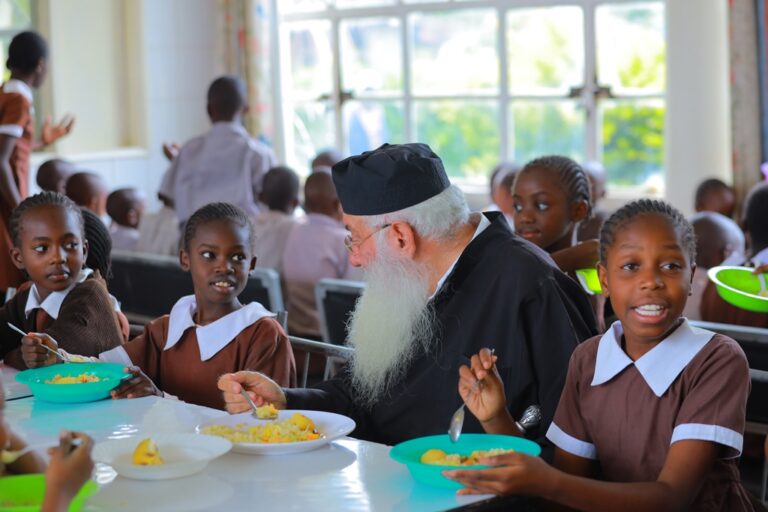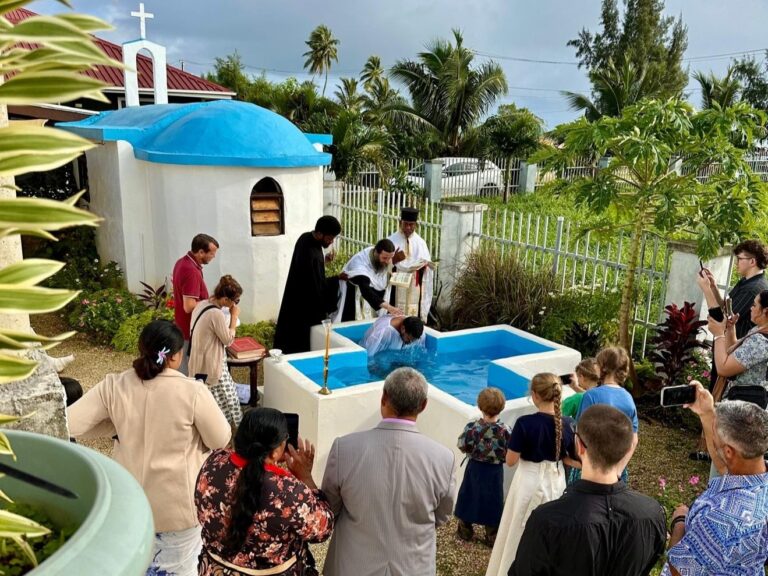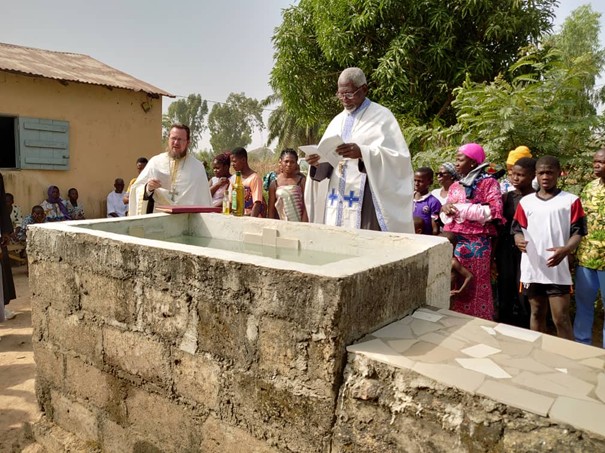A wedding in Kenya
I’m sitting in the dining room of the Patriarchal School tonight. In the same chair, thirty-five years. So many memories! So many memories! How many labors! I counted how many of the seminarians present are children of my students. I remembered their fathers, when they too, at the same age, sat in the same chairs. The case of one of them was of particular importance to me. I remembered his birth, his baptism, and then his attendance at primary and secondary school. His father had been dreaming ever since. He was fulfilling his mission to the full. He always begged me that he would like his first son to come and study at the Patriarchal School. I had no doubt, since I knew him as an infant. When the time came to open the school for the academic year, he wanted to bring him himself. When he told me, I mentioned that it was not usual, because young people are mature and serious and can travel on their own. But he insisted and I made no objection. So he came with his son. He took him first to the chapel of the school and pointed out that he must not miss any of the services. He promised him that if he is a friend of the services, that is, if he loves them and participates in them, he will be greatly benefited spiritually, because they are the authentic nourishment in the life of the School. He did the same, showing him the School dining room, the classrooms, the chambers, and even the bathrooms. He generally took him everywhere. He remembered his own time. The environment of the School was beautiful, as he himself lived, but more important was the life in the liturgical tradition of our Church, the obedience and respect for the teachers. Messages that helped him, and now he can easily exercise the duties of priest and spiritual director.
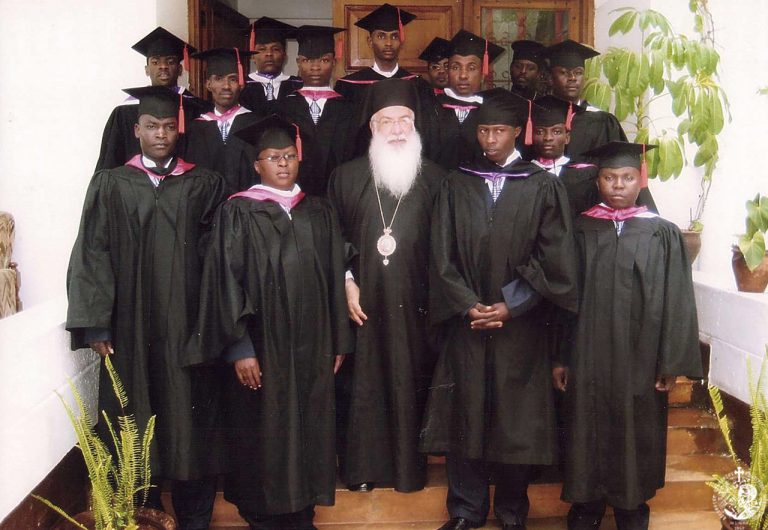
Usually, people come to visit me for various reasons. Among them are those who wish to have a church wedding. So a young man from one of the parishes near Nairobi visited me and wanted me to perform his wedding. As usual, I noted it in my diary and said that if I was here, I would definitely arrange to go. He didn’t ask me for anything else, he just wanted the blessing of the Church. Only a few weeks passed and the day of the wedding arrived. So I went to the church and there I saw again this young man pouring rivers of tears, wiping his eyes with his handkerchief. I approached him and asked him why he was crying. He explained to me that he was very moved and found it hard to believe. It should be noted here that, according to the tradition of his tribe, men should never cry, even at funerals. I blessed him and then went into the sanctuary to wait. The priest came and gave some explanations. He always wanted this young man to have a church wedding, but he was poor and did not have the money to pay the bride’s parents to give it to him, i.e. something similar to our dowry. The priest explained to me that from a young age he had served in the sanctuary and felt both shame and responsibility towards God to live with his wife, traditionally, as a couple. He had only two euros in his pocket, but the parents asked for a thousand. A large sum. When the parishioners were informed of this, they all ran and contributed so that the necessary amount could be raised to enable this young man to have a church wedding.
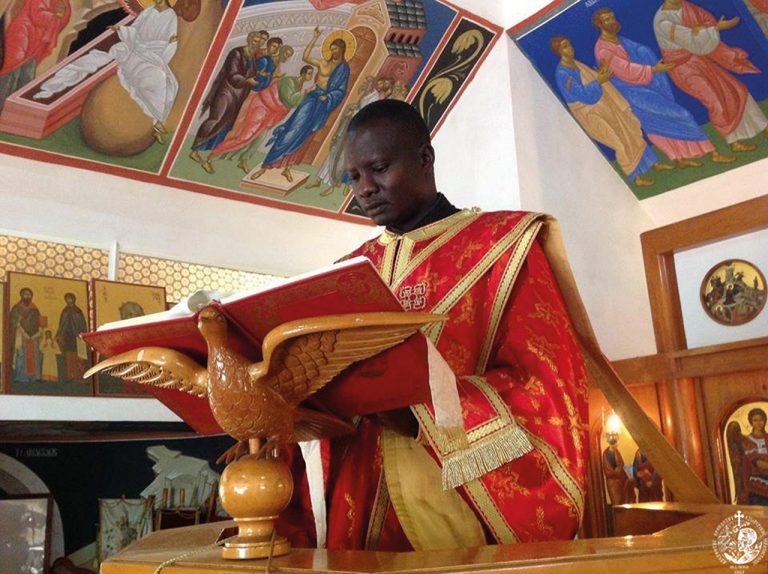
His simplicity and his love for God made him worthy, through all these existing difficulties, to celebrate a church wedding and to experience the great sacrament of marriage in a church. His wife, a young girl, who was very modestly dressed, listened attentively to the blessings and the whole service in the local dialect of the tribe and in Swahili. The sacrament was over. The time has come for me to preach. Knowing that the majority of the people who came forward to attend the sacrament belonged to other denominations, I spoke about the importance of the sacraments in the Orthodox Church and emphasized especially the value of the sacrament of marriage and the sacrament of the Eucharist. I pointed out to the two of them that they should now begin their new life in the Lord and their frequent participation in the sacraments of the Church, giving them an icon of the Virgin Mary and urging them to pray together, in front of the icon, morning and evening. It seemed that they were particularly pleased and all of them enjoyed it.
† The Nairobi Blessed Sacrament

